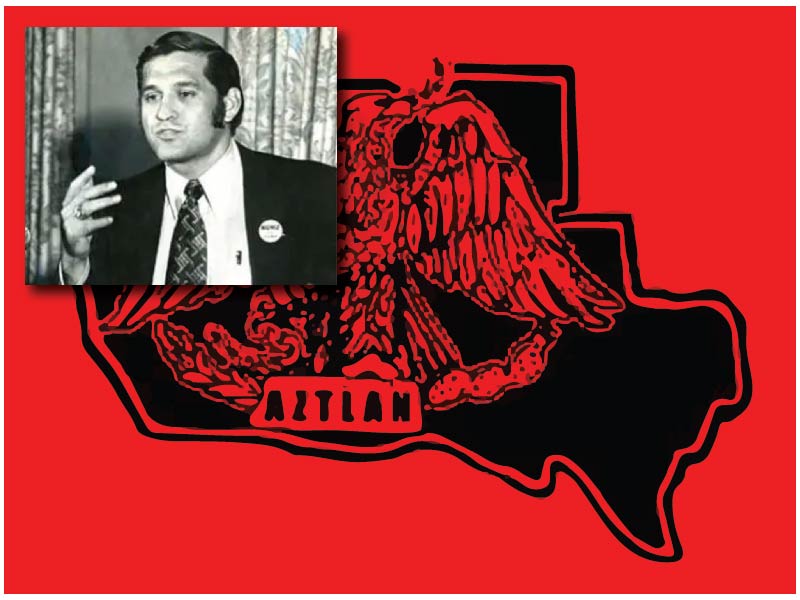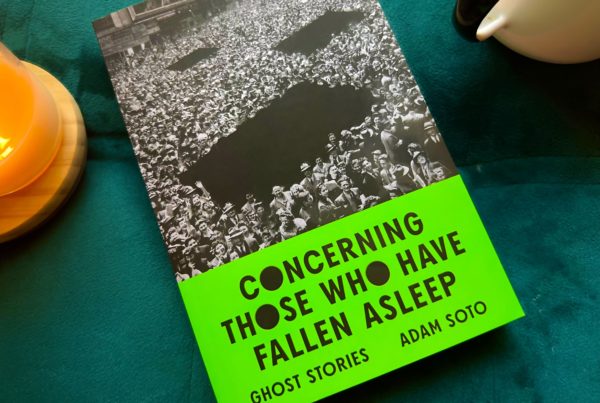Over the weekend, civil rights activist Ramiro “Ramsey” Muñiz passed away at 79. Muñiz was the first Hispanic to have his name on a Texas general election gubernatorial ballot. He ran for governor twice in the early 70s as a nominee of the Raza Unida party, a former political party focused on Chicano issues in the Lone Star State.
Muñiz’s legacy took a dark turn after his gubernatorial defeat. In the mid-70s he was arrested on felony drug charges and spent nearly 30 years in prison. For his part, Muñiz insisted that the charges were part of a government conspiracy to bring down an influential Latino leader. His incarceration spelled the end of the Raza Unida party, and his life remains a complicated chapter in the history of the Chicano movement in Texas.
Emilio Zamora, a professor of history at the University of Texas at Austin, joined the Texas Standard to discuss Muñiz’s life and legacy.
This transcript has been edited lightly for clarity:
Texas Standard: Muñiz is known as the first person of Hispanic descent to appear on the Texas general election gubernatorial ballot. Can you talk about what this meant for the Latino community in Texas and the effect it had on Latino participation in state electoral politics?
Emilio Zamora: He was one of several candidates for statewide office under the Raza Unida party, and he led the ticket in ’72 and ’74, and he led it very well with electrifying speeches – and good looks, I must say. But he’s the one that brought hundreds of thousands of voters to the Raza Unida Party, to the point that we cannot separate the significance of the party from his own significance as a candidate and party leader.
Well, that’s really powerful. How did he rise to that status in Texas politics?
Well, I think he was brought up well by his parents. They set an example, as he told me in an interview that I conducted recently with him. They set examples of social responsibility and hard work, and he did very well academically. He even secured a law degree from Baylor School of Law. The second area of significance in his development was that he was also an athlete and he was able to attend Baylor University because of a scholarship in football. He was a standout.
Tell us a little bit about what he was like on the campaign trail. What positions did he take? How did he make his appeal to voters?
Well, his platform, and the party’s platform as well, were the most progressive ones in the ’72 and ’74 elections. He was clearly and explicitly against the war in Vietnam. He was for women’s rights. And the party also spoke very strongly and very clearly in favor of change that could benefit minoritized communities and the white working class as well.
As we mentioned, he spent several years in prison on federal drug charges, all the while maintaining his innocence and declaring himself a political prisoner. I gather that there was a political action committee that petitioned for his release, which finally came in 2018. What accounts for so many people remaining so active over the decades pushing for his release?
Well, I should say that the party, and he, in particular, contributed significantly to increased participation of people as a whole, but Mexican Americans in particular, in the political process. So they continued being active, and he was basically a darling of the Raza Unida party. And these activists participated in the campaign to gain his release. I was involved as well, and we were concerned primarily that his persona just didn’t fit the profile of a drug dealer. And of course, we had suspicions that went beyond that.
What do you see as Muñiz’s impact on Texas politics?
I think he contributed to democratizing the electoral process in the state of Texas. It was Raza Unida that forced the Democratic Party to open up and contributed to a conservative flight out of the Democratic Party and into the Republican Party. I think he will stand out for a number of reasons. He was smart. He was an attractive candidate. He was a shaker and a mover. But he also signifies sacrifice. He sacrificed his law degree, [and] his life in prison for the sake of the movement. That’s the kind of message that I think history will be sending out.
I should add that it’s just a shame that the standard curriculum of the state of Texas does not include him, nor does it include the Raza Unida party. One would expect that the State Board of Education would consider this knowledge worthy of sharing with our youth in our public schools. But it does not.













